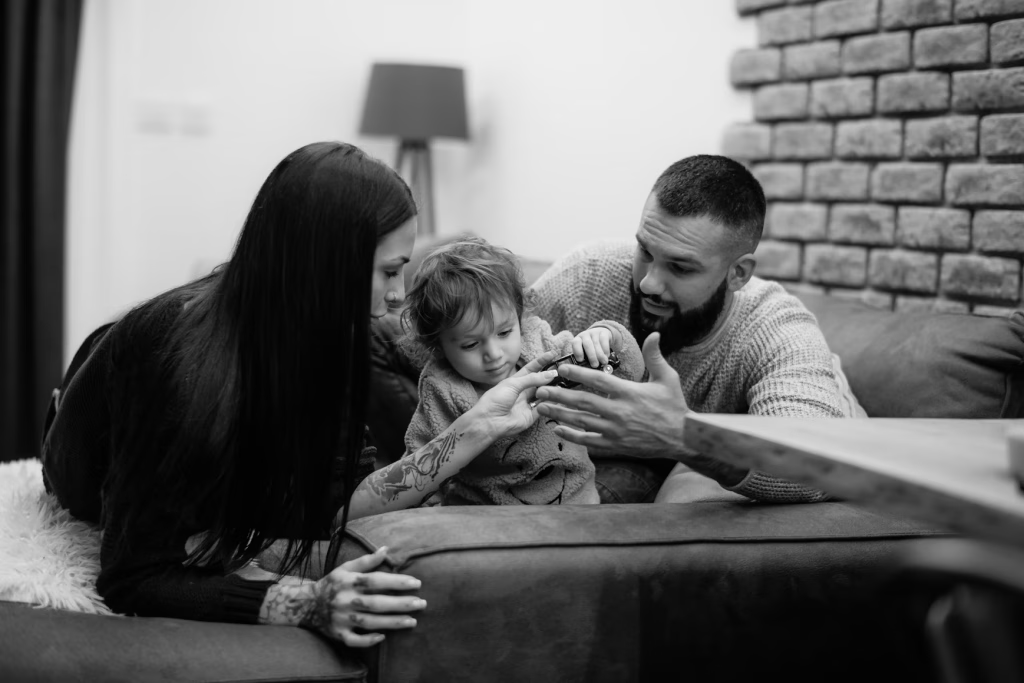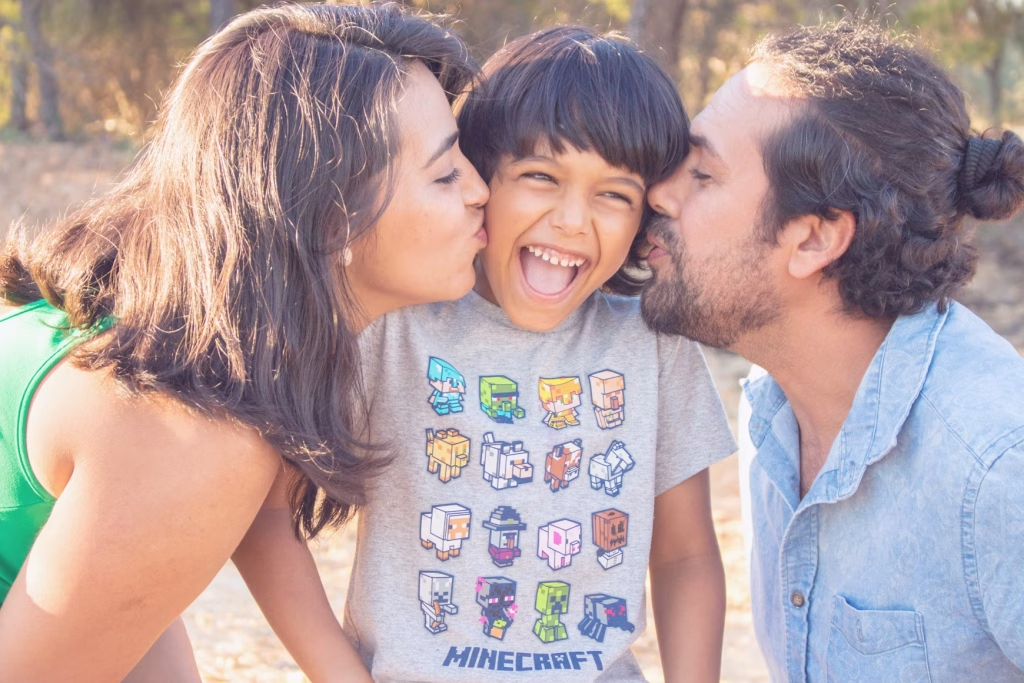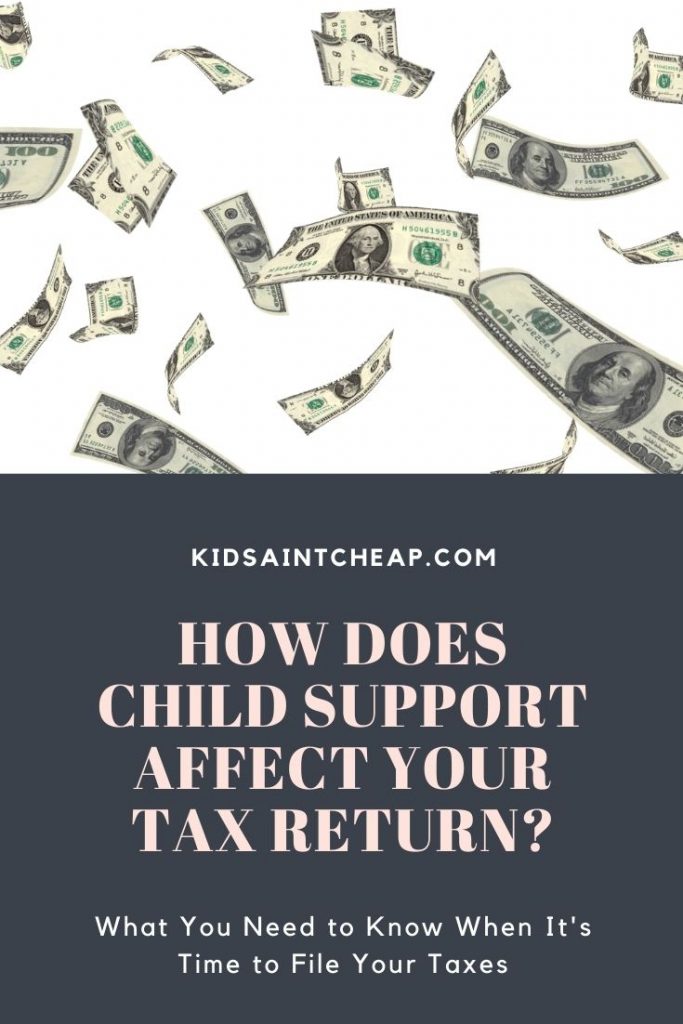
No parent plans on divorce. Yet in some situations, ending an unhealthy marriage protects children from stress that can linger for years. Below are eight scenarios in which research suggests kids may thrive more after a thoughtful separation than in a persistently high‑conflict home.
1. When Constant Fighting Becomes the Norm
Ongoing hostility raises children’s stress hormones and elevates the risk of anxiety or depression. Long‑term studies summarized by the American Psychological Association show that kids in chronically high‑conflict homes often fare worse than peers whose parents divorced and reduced the tension.
Daily shouting, icy silence, or subtle digs spike a child’s stress hormones, rewiring the brain for hyper‑vigilance. Kids in homes where conflict never cools are more prone to anxiety, depression, and sleep disorders—even if the fighting stops once they leave for college. A well‑structured divorce can remove that nonstop soundtrack of tension, allowing children’s nervous systems to reset.
2. When Two Peaceful Households Beat One Tense One
Splitting time between calm homes is emotionally easier than tiptoeing around a single war‑zone living room. Many newly single parents rediscover patience, humor, and genuine presence once the daily friction disappears. Children often report they can finally “relax and be themselves” because they’re not bracing for the next argument.
Once parents live apart, many rediscover patience and presence. Children in balanced, low‑conflict co‑parenting arrangements frequently report feeling calmer and better supported than when they lived under one stressed roof.
3. When Divorce Brings Out Better Parenting
Emotional bandwidth expands when adults are no longer battling each other daily. Freed from constant conflict, each parent can focus on homework help, bedtime stories, and quality conversations that strengthen attachment.
Conflict consumes mental bandwidth. Without the perpetual drain of trying to “win” marital battles, parents frequently show up with more energy for bedtime stories, soccer games, and one‑on‑one talks. Quality time rises, nagging drops, and the parent‑child bond deepens—benefits that echo far beyond the divorce decree.
4. When Kids No Longer Have to Choose Sides
Divorce can end the informal referee role kids play during marital disputes. Clear boundaries and a cooperative parenting plan keep children from feeling responsible for adult emotions.
In a volatile marriage, children become reluctant referees—reading mom’s face before asking dad a question, moderating dinner conversations, or absorbing blame to keep peace.
A clear co‑parenting plan can end that emotional tug‑of‑war. When expectations, schedules, and rules are agreed upon and consistent, kids stop feeling responsible for managing adult emotions.
5. When You Can Model Healthy Boundaries
Leaving a disrespectful or emotionally unsafe partnership teaches kids that self‑respect matters. They internalize that healthy relationships require kindness, safety, and mutual support—not silent resentment or volatility.

6. When Co‑Parenting Works Better Than Marriage
Plenty of separated couples communicate more effectively about rules, schedules, and schoolwork than they did as spouses. A review by Child Mind Institute notes that consistent routines and mutual respect—not living under one roof—predict children’s post‑divorce adjustment.
7. When the Home Atmosphere Finally Feels Safer
Many children describe a palpable “sigh of relief” after conflict subsides. In surveys by family‑law organizations, the majority of teens from formerly volatile homes said divorce improved household calm and emotional safety.
8. When It’s Time to Break the Cycle
Children learn relationship scripts by observation. Ending an unhealthy marriage can interrupt patterns of manipulation, aggression, or withdrawal—encouraging the next generation to seek healthier partnerships.
Choosing Growth Over Staying Stuck
Divorce is never easy, but in some cases it opens a path to healing and healthier parenting. Children don’t need perfect families; they need safe, emotionally available parents. If every reasonable effort has failed and conflict remains constant, a respectful separation may give everyone—kids included—a better chance to thrive.
Have you thought before about what happens in the child mind’s during conflictive marriage?
Read More
- How to Handle a Divorce and Maintain Your Kids’ Well-Being
- 8 Parenting Trends That Sound Great (But Might Be Hurting Your Kids)

Samantha Warren is a holistic marketing strategist with 8+ years of experience partnering with startups, Fortune 500 companies, and everything in between. With an entrepreneurial mindset, she excels at shaping brand narratives through data-driven, creative content. When she’s not working, Samantha loves to travel and draws inspiration from her trips to Thailand, Spain, Costa Rica, and beyond.





